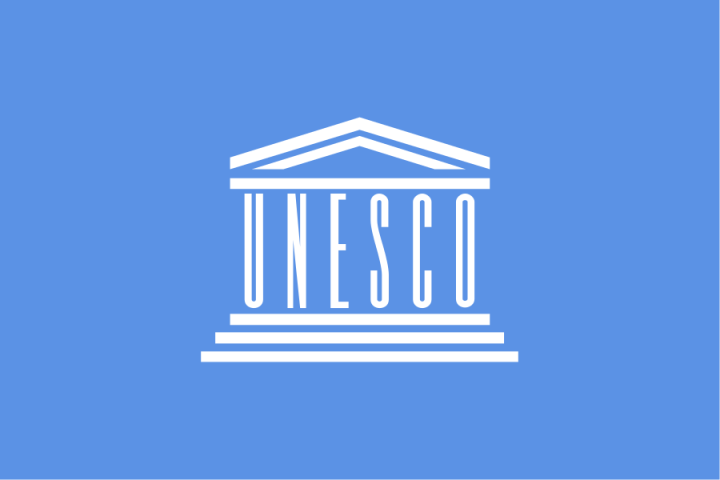UNESCO releases journalists' toolkit for cultural and ethnic reporting in Myanmar
Amid Myanmar’s current socio-political crisis and the continuing ethnic conflict, the Journalists’ Toolkit is a timely ‘go to’ for professional journalists and related stakeholders.

The new resource will assist journalists working in ethnic and mainstream media outlets, teachers and trainers of journalism, and members of independent media councils.
The UNESCO Antenna Office in Yangon has just published Myanmar Journalists' Toolkit in Cultural and Ethnic Reporting. The Journalists’ Toolkit contains practical guides (including how-to’s and do’s and don’ts) on developing stories on cultural and ethnic issues and concerns—including information sourcing, writing, production, and dissemination—for various platforms and formats, including print and online. It is hoped that the open-access resource will help to ensure that local and regional stories in Myanmar are not only accurate and authentic—thus helping to stem the rise of misinformation—but also culturally-sensitive and reflective of the views and sentiments of the country’s ethnic communities.
Amid Myanmar’s current socio-political crisis and the continuing ethnic conflict, the Journalists’ Toolkit is a timely ‘go to’ for professional journalists and related stakeholders. According to Mr Ichiro Miyazawa, Head of the UNESCO Antenna Office in Yangon, the Journalists’ Toolkit has three primary objectives: (1) to emphasize among Myanmar journalists the need to sustain and expand coverage of culture and ethnic issues; (2) to capacitate journalists in being acutely sensitive of their coverage of cultural and ethnic issues and events, namely by integrating in their work contextual frames of gender, faith and religion, and language; and (3) to transform ethnic media outlets themselves into champions for tolerance, acceptance of differences, diversity, and pluralism.
The intended users are journalists working in ethnic and mainstream media outlets, journalism teachers and trainers, and members of independent media councils. The Journalists’ Toolkit is also conceived for other content creators, such as filmmakers, video documentarians, photographers, and creative artists, as well as information officers of civil society and community-based organizations.
The Journalists’ Toolkit is a collaboration of Ms Mon Mon Myat, a veteran journalist with extensive experience in ethnic reporting, and Mr Ramon Guillermo R. Tuazon, a UNESCO consultant with extensive experience in media development work in Myanmar.
Development of the Myanmar Journalists' Toolkit in Cultural and Ethnic Reporting was supported by the UN Secretary General’s Peacebuilding Fund through the project, ‘Preventing Hate Speech and Promoting Peaceful Society through Media and Information Literacy’.










